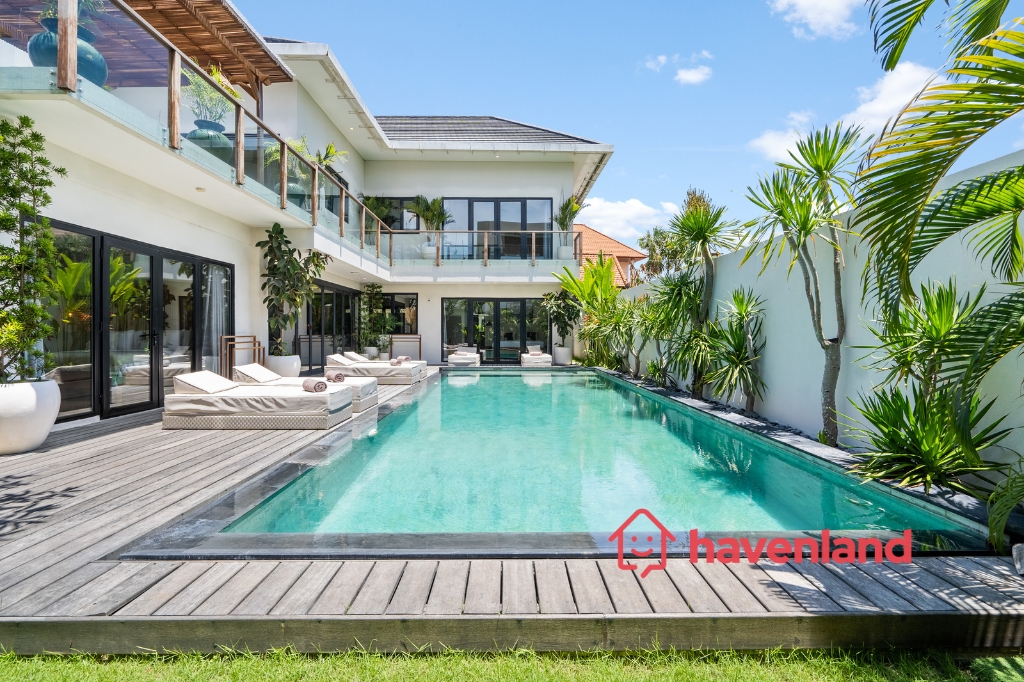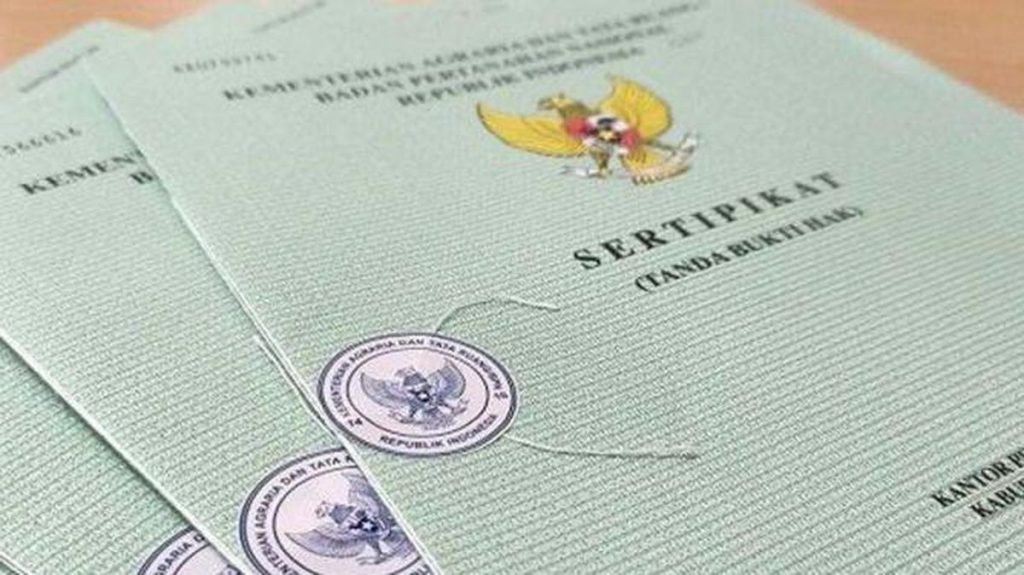Indonesia, with its tropical landscapes, world-class tourist destinations, and rich culture, has become a dream location for property investment. Bali, in particular, remains a favorite among expatriates and investors looking to own their piece of paradise. However, buying property in Indonesia as a foreigner can be complex, as specific rules and regulations govern land and property ownership. This comprehensive 2024 guide will help you understand the process, legal considerations, and opportunities for owning property in Indonesia.
Can Foreigners Buy Property in Indonesia?
Yes, foreigners can buy property in Indonesia, but it comes with certain restrictions and conditions. The Indonesian government regulates property ownership to ensure land and property remain in the hands of its citizens while still allowing opportunities for foreign investment. Foreigners cannot own land outright but can acquire property through specific legal frameworks, including:
- Hak Pakai (Right to Use)
- Hak Guna Bangunan (Right to Build)
- Leasehold Agreements
Understanding these legal options will help you determine the most suitable ownership structure for your property investment in Indonesia.
Legal Ownership Options for Foreigners
1. Hak Pakai (Right to Use)
Hak Pakai is the most common option for foreigners looking to own property in Indonesia. This right allows foreigners to use a piece of land or property for a specific period, typically up to 30 years, with the possibility of extending it for an additional 20-30 years.
To qualify for Hak Pakai, you must meet the following requirements:
- You hold a valid Indonesian stay permit, such as a KITAS (Limited Stay Permit) or KITAP (Permanent Stay Permit).
- The property must be used as a residence or for commercial purposes.
- The property must have the correct land title (Hak Milik converted to Hak Pakai).
Advantages of Hak Pakai:
- You gain legal rights to use and reside on the property.
- It is recognized by the Indonesian government.
- It is renewable, allowing for long-term use.
2. Hak Guna Bangunan (Right to Build)
Hak Guna Bangunan (HGB) allows foreigners to build and own structures on Indonesian land for a set period, usually 30 years, with the option to extend. This ownership right is often associated with businesses, as it is ideal for commercial projects and developments.
How HGB Works:
- A company registered in Indonesia (such as a PMA—a foreign-owned company) can obtain HGB rights.
- The company holds the right to construct buildings or operate businesses on the land.
- The land itself remains owned by Indonesian citizens or the government.
This option is popular among foreigners looking to invest in commercial real estate, including hotels, villas, and other business-related properties.
3. Leasehold Agreements
Leasehold is one of the simplest and most popular ways for foreigners to acquire property in Indonesia. Through a leasehold agreement, you lease the land or property for a fixed term, usually between 25-30 years, with an option to renew.
Key Features of Leasehold Agreements:
- You do not own the land outright but have the right to use and profit from it.
- Lease terms are negotiable and legally binding under Indonesian law.
- This option is ideal for foreigners who want to use the property for personal or commercial purposes without worrying about ownership restrictions.
Advantages of Leasehold:
- Lower upfront costs compared to freehold property.
- Suitable for long-term residence or business operations.
- Fewer legal complexities compared to other ownership structures.
Steps to Buy Property in Indonesia as a Foreigner
If you’re ready to invest in Indonesian property, here are the essential steps to guide you through the process:
1. Identify Your Purpose and Budget
Before starting your property search, determine the purpose of your purchase—whether it’s for personal use, investment, or business. Decide on your budget and identify suitable locations such as Bali, Jakarta, or Lombok, depending on your goals.
2. Work with Reputable Professionals
To ensure a smooth and legal transaction, it’s crucial to hire professionals, including:
- Licensed real estate agents to help you find the right property.
- Legal consultants to verify ownership documents and draft agreements.
- Notaris (Pejabat Pembuat Akta Tanah or PPAT) to finalize legal paperwork.
3. Choose the Right Property Title
Depending on your ownership goals, decide whether Hak Pakai, Hak Guna Bangunan, or a leasehold agreement works best for you.
4. Conduct Due Diligence
Before signing any agreement, conduct a thorough check on:
- Land certificates and ownership history.
- Zoning regulations to ensure the property aligns with your intended use.
- Legal compliance of the property title.
5. Sign the Agreement and Complete Payment
Once due diligence is complete, you’ll sign the purchase or lease agreement. Make payments through a secure channel and ensure all taxes and fees are accounted for.
Buying Property in Bali as a Foreigner
Bali remains one of the most popular destinations for foreigners seeking property investments. From stunning beachfront villas to cozy jungle retreats, Bali offers endless opportunities. The island’s popularity makes it essential to understand local regulations and seek professional advice to avoid any pitfalls.
If you’re looking for trusted real estate options in Bali, visit Havenland.com. Havenland.com offers a curated selection of premium villas, leasehold properties, and investment opportunities tailored for foreigners. With expert guidance and a transparent process, finding your dream property in Bali has never been easier.
Taxes and Costs Involved
When buying property in Indonesia, consider the additional costs:
- Property Transfer Tax (BPHTB): 5% of the property’s value.
- Notary Fees: Typically 1-2% of the transaction value.
- Legal and Consulting Fees: Vary depending on the professionals involved.
- Annual Land and Building Tax (PBB): Paid annually based on property valuation.
These costs are crucial to factor into your budget to avoid unexpected expenses.



